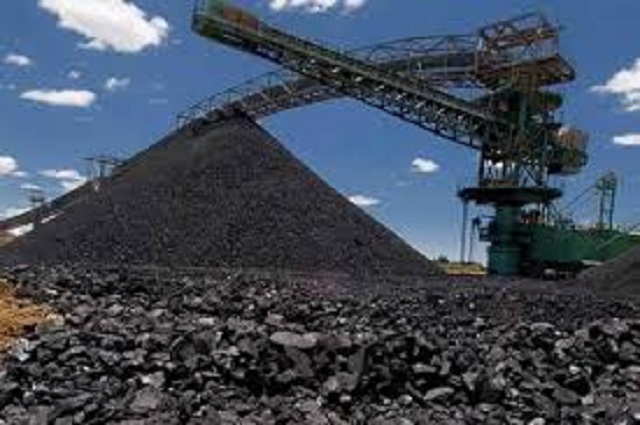Colliery workers want judicial management

 Mashudu Netsianda Senior Business Reporter
Mashudu Netsianda Senior Business Reporter
MORE than 2,500 Hwange Colliery Company Limited (HCCL) workers have filed an urgent chamber application at the High Court in Bulawayo seeking to have the company placed under judicial management.
The workers have for the past 30 months not been paid their salaries amounting to more than $55,000.
The company’s employees with the assistance of the Affirmative Action Group (AAG) through their lawyers, Mathonsi Ncube Law Chambers, are seeking an order compelling HCCL to be placed under judicial management.
The workers want the court to appoint Phillip Ndlovu of Phillip Ndlovu and Associates Chartered Accountants the judicial manager and Dumisani Sibanda, a chartered public accountant, the business rescue consultant.
They also want the court to stop all court actions and proceedings and execution of all writs, summonses and other court proceedings against the company, its shareholders, directors and guarantors.
In the papers before the court, Casper Kombana Ndlovu, the chairman of HCCL workers’ committee, Luka Katako, chairman of the Associated Mine Workers’ Union of Zimbabwe (AMWUZ), Simeon Tembo, chairman of the National Union of Mine, Quarry, Iron and Steel Workers of Zimbabwe and Charles Dube, an executive member of AMWUZ are the applicants while HCCL was cited as the respondent.
The quartet is employed at HCCL.
Ndlovu, in his founding affidavit, said as employees, creditors, shareholders and members of the company, they had the locus standi to institute the proceedings of applying for the placing of the company under Voluntary Judicial Management as contemplated in section 299 (1) (a) of the Companies Act .
“This is an application to place HCCL under judiciary management since the company is progressively sliding towards bankruptcy and its validity as a going concern is under serious threat,” he said.
Ndlovu said the directors and management of the company have failed to execute their fiduciary duty as provided for by the Companies Act.
“They consistently make decisions which are prejudicial to the company and the same decisions are calculated to siphon money out of the company to the detriment of workers and other stakeholders’ interests,” he said.
HCCL which is facing litigation for claims amounting to about $20.6 million from some of its creditors including ex-workers, has seen some of its assets auctioned to recover the debts.
Last month, some of the mine’s equipment was sold off to settle long standing debts.
The workers said the company was technically insolvent.
According to the company’s published half year results it registered a loss of $20 million from the previous year’s $7,6 million.
Its current liabilities have increased exponentially in the last five years.
The workers said no interested party would suffer any conceivable prejudice in the event that HCCL is placed under judicial management.
The colliery’s employees hope that if placed under judicial management, the firm would be able to properly service its debt.
“In fact all parties stand to benefit immensely if the assets of the company are preserved and the turnaround strategy implemented without delay.
“As applicants we have no alternative remedy other than to get an order for judicial management under the Companies Act,” said Ndlovu.
Last year, the colliery concluded two capitalisation transactions, which were vendor-financed through the PTA BELAZ facility to the tune of $18.2 million and the India Exim Bank’s $13.03 million BEML facility.
However, despite the above transactions which saw HCCL in July commissioning mining equipment sourced under the two deals, the colliery was yet to improve production to desired levels.
The new machinery from the two transactions include 10 dump trucks, five front-end loaders, two wheel dozers, two excavators, two water bowsers, three front-end loaders, three bulldozers, three drill rigs, a motor grader and one tyre handler.
Equipped with the machinery, it was hoped that HCCL would raise productivity from 200,000 tonnes of coal per month to 450,000 tonnes a month including output from the South African contractor, Mota- Engil.











Comments